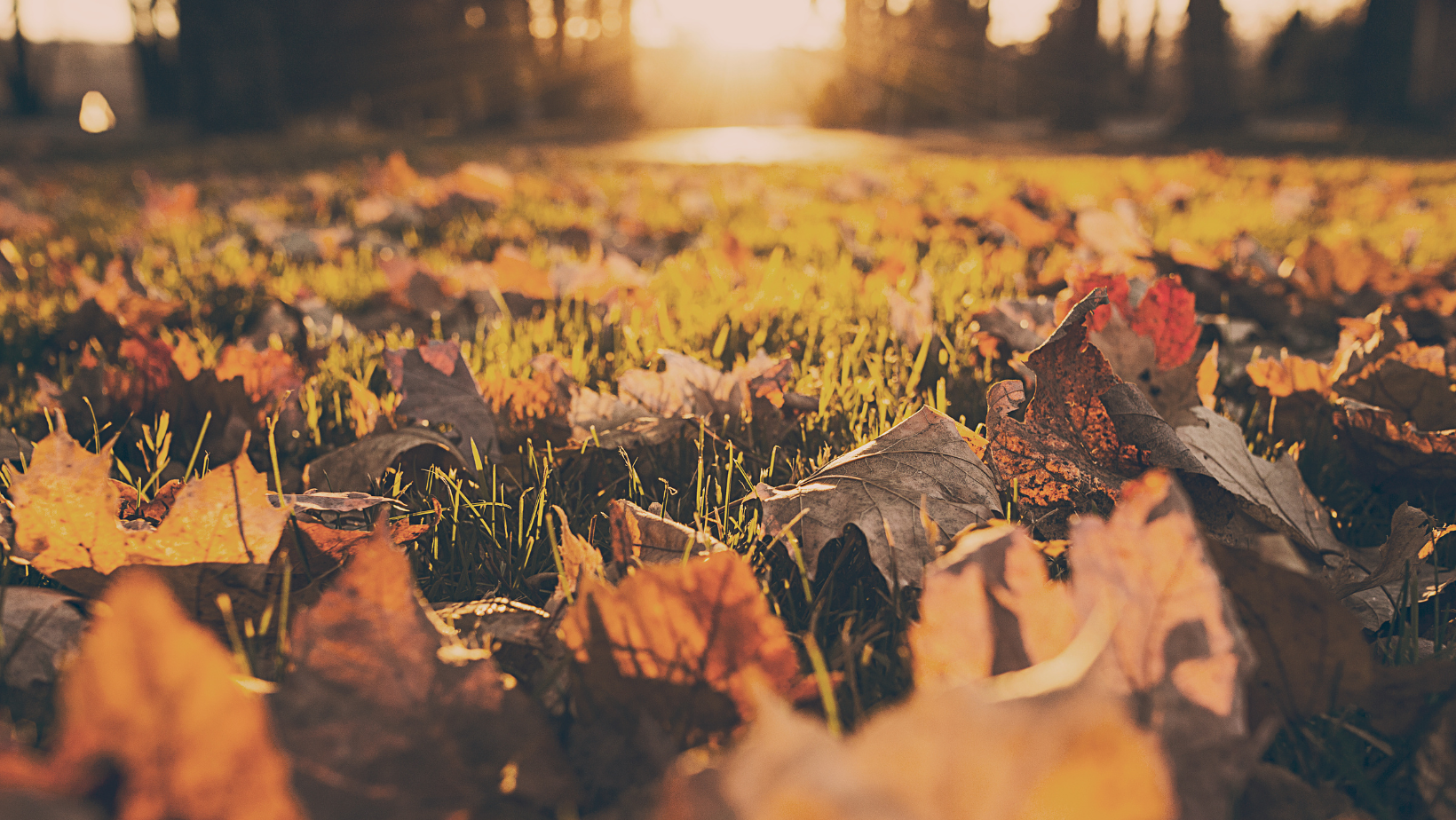
SmartPak Monday Morning Feed: Falling Leaves, Falling Dangers
For as much as we all enjoy riding our horses during fall, there are concerns that come cooler temps — more than just fresh horses. The falling leaves can present a host of issues for your horses.
By SmartPaker Gina Fitch

At the beginning of the year, I purchased what my vet calls their Superior Preventative Wellness Plan for my horse Two Socks. This plan is geared towards giving my horse individualized care tailored to his specific needs including his core vaccines over three farm calls two being in the spring and one in the fall. In this plan he gets the following:
- an oral dental exam with power floating and sedation
- extended physical exam
- Coggins
- nutrition counseling
- two fecal exams
- sheath cleaning
- two de-wormers
- routine blood screening
Doing all these things throughout the year and keeping with my same vet will help detect early signs of diseases or problems in the hopes of preventing them from becoming an issue or having long term effects on my horse. To me, this takes the worry out of providing the necessary elements for my horse and offers him everything he may need to keep him healthy throughout the year.
Since it was fall, my vet was due to come out just the other day to give my horse his third and final round of shots, fecal test and de-wormer for this year. After administering his shots my vet looked around the paddock and started talking to me about how I was doing a great job of cleaning up the fallen leaves. I thanked her, but she must have seen the odd look I had on my face as I thought that was such a random thing to say. Turns out it wasn’t random at all. What I learned next was an eye opener for me.

I had heard in the past that you don’t want to feed your horse green leaves, but never did I hear that fallen leaves could be toxic to your horse. Well, I was about to be schooled and get my first lesson about how dangerous leaves can be to horses. I was told that horses may like the taste and smell of recently fallen leaves and they will eat them out of curiosity, boredom, or hunger. Also, that leaves are dense and can compact in the horse’s digestive system and cause compaction colic. Then she went on to say that leaves from some trees contain toxins that can make horses seriously ill and sadly my area has two types of trees that are known for being toxic to horses: the elm tree and oak tree.
I was honest and said I have no idea how to tell what species of trees I have on my property, and she showed me that leaves with three points are generally the ones you want to stay away from and are more dangerous to my horse. I was told that usually horses are not likely to eat leaves, however when curious or when boredom overtakes them, they may take exploratory bites and ingest enough of the deadlier species to do them harm. She then pointed out all the oaks and the maple trees I had in the immediate vicinity of his paddock. I won’t lie, I was a little surprised that this was the first time I have ever heard of this being as serious as this could be.
Well, that’s all I needed to hear to be on an all-out mission to keep my paddock free of these fallen leaves. This, however, has turned out to be a far greater challenge than I thought it would be. I’m not even kidding, I have been out there every single day blowing leaves just to turn around after blowing the entire paddock and finding more fallen leaves. My husband was right there with me helping blow these leaves.
It’s been a little more frustrating than it has been rewarding, but I remind myself that I’m doing this to protect my horse, and I will keep at it until all the leaves have fallen and have been removed from his paddock. If you are anything like me and have little to no knowledge of what tree species you have around your paddock, I believe it would be worth a little investigative work to determine the species of trees that surround your area and if they have been proven to be toxic to horses. I wish you luck and a safe, beautiful, and healthy fall.

You can find this and more on the SmartPak blog. Go SmartPak and go riding!







